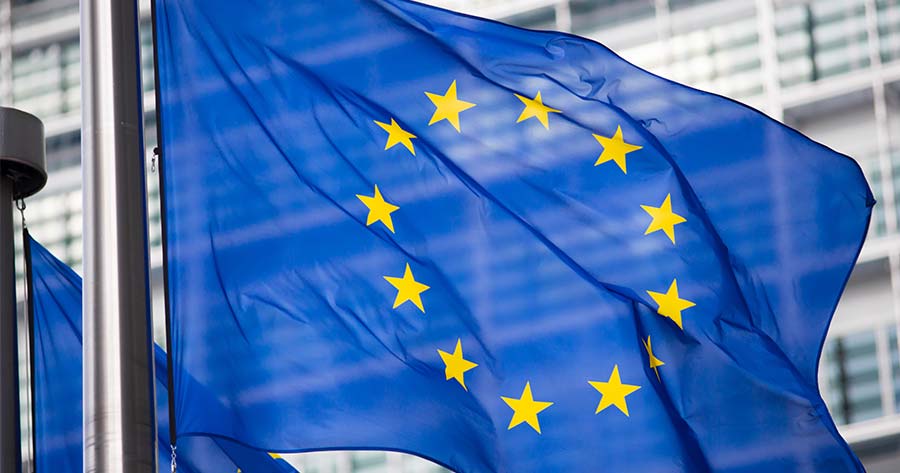Consumer prices in the Euro area edged up slightly in August, with headline inflation hitting 2.1%, just above the European Central Bank’s (ECB) stated target, according to preliminary figures from Eurostat. Consensus forecasts had pointed to a steady 2% rate, unchanged from July.
Stripping out more volatile components such as food, energy, alcohol, and tobacco, core inflation proved more stable, remaining at 2.3%. Notably, inflation in services—a metric closely monitored by economists—decelerated slightly to 3.1% from July’s 3.2%. This marks the weakest increase in service prices since March 2022, which analysts said may signal receding domestic price pressures.
The euro slipped 0.6% against the dollar to $1.1640 on Tuesday, while the pan-European Stoxx 600 index was down 0.7% by mid-morning.
The ECB, which kept its deposit rate unchanged at 2% in July, is widely expected to maintain that stance when it convenes in September. Most economists anticipate the central bank will leave rates on hold for several months, as policy makers discern the trajectory of inflation and economic growth.
The modest uptick in headline inflation is unlikely to alter the ECB’s current outlook, said Andrew Kenningham, chief European economist at Capital Economics. He pointed out that easing in services inflation, now at its lowest since March 2022, would likely reassure the central bank that underlying price pressures are abating.
Recent data also showed that the euro zone’s economy expanded by just 0.1% in the second quarter, underscoring subdued momentum across the bloc. However, trade headwinds could be easing, following the European Union’s fresh tariff deal with the United States in late July, which has calmed some market nerves. Nevertheless, a lingering 15% tariff on EU exports to the US could still act as a drag on the bloc’s economic recovery.
Irene Lauro, euro zone economist at Schroders, expects the ECB to tread carefully. With trade uncertainty receding, growth prospects should brighten somewhat, supporting steady policy into September.
The resilience in core inflation underpins the view that the ECB’s tightening cycle is complete for now, and any further moves will hinge on evolving economic data, Lauro concluded.





